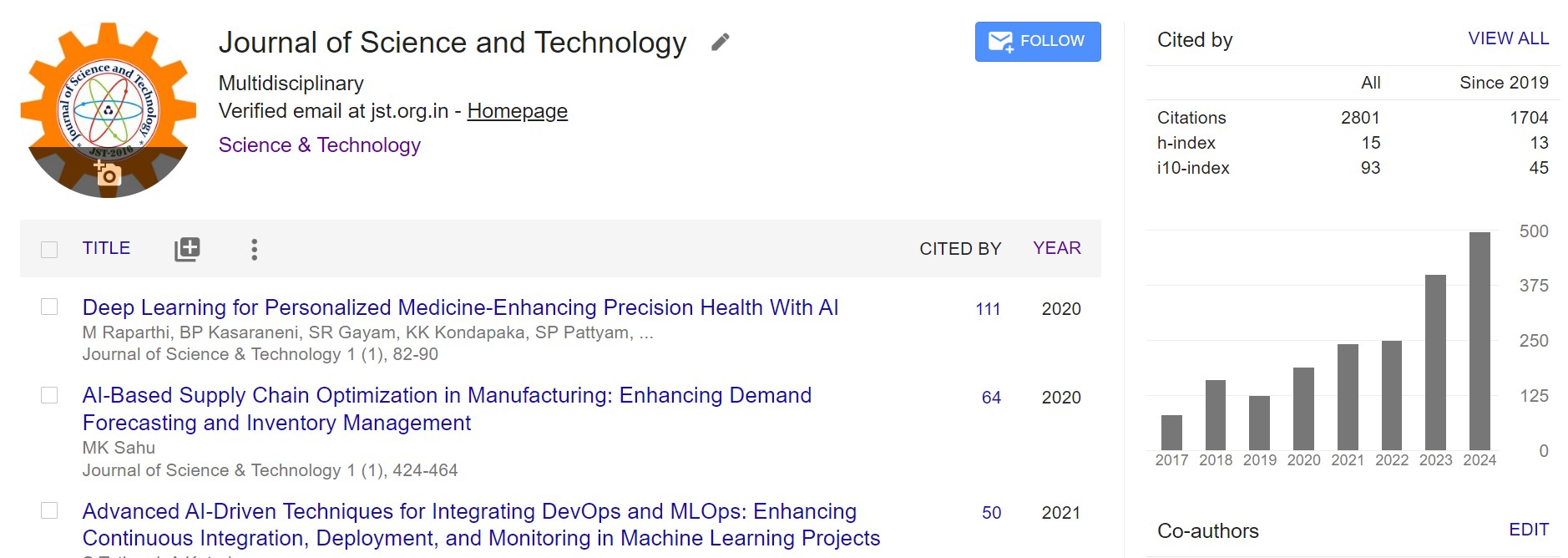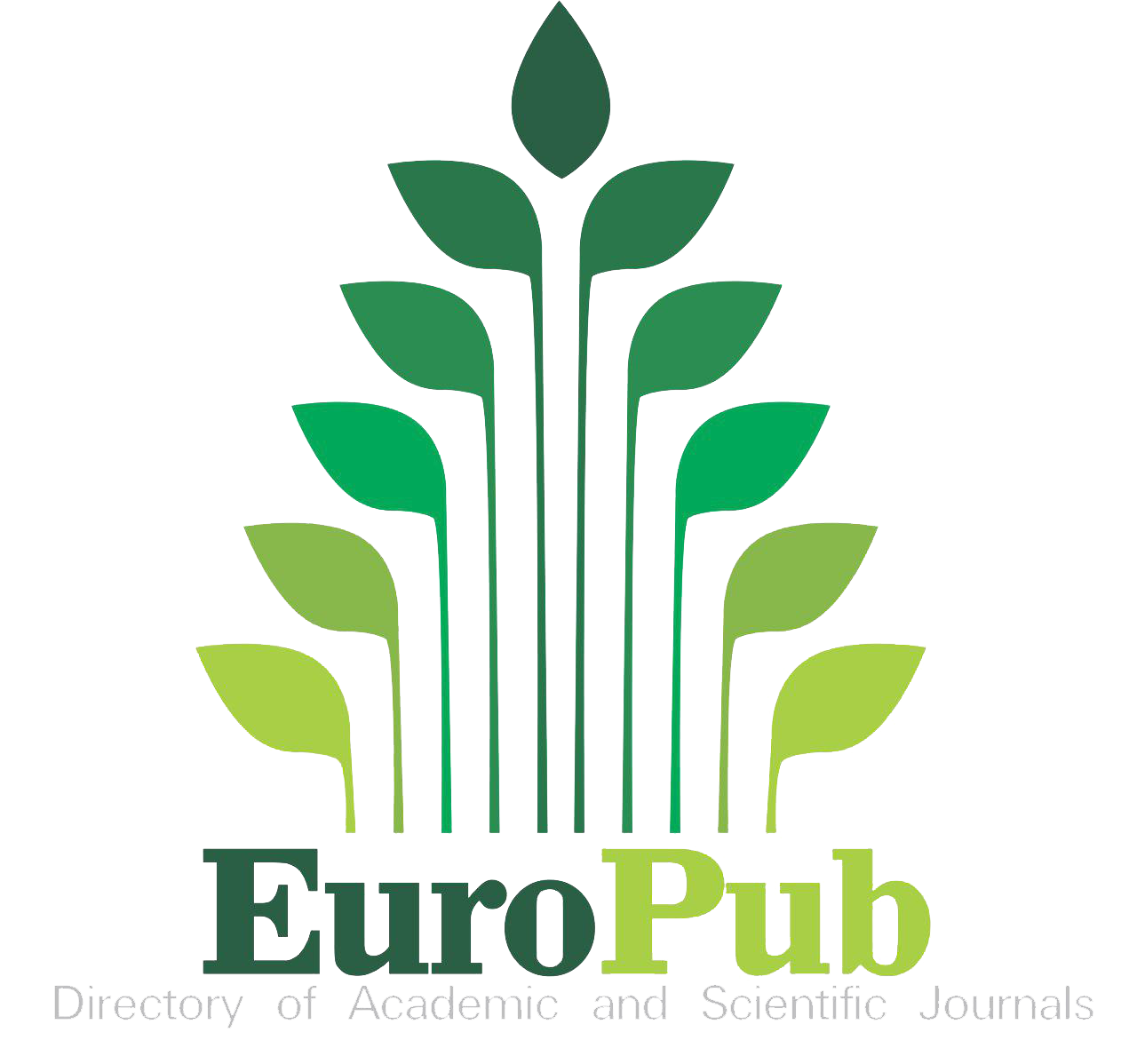Plasmid Profiles of Resistant Strains of Escherichia coli in Men Attending Prostate Clinics in a Tertiary Hospital in Enugu State, Nigeria
DOI:
https://doi.org/10.46243/jst.2024.v9.i02.pp1-23Keywords:
Urinary tract infections, Escherichia coli, antimicrobials, Antibacterial resistance, PlasmidsAbstract
Multi-drug resistant Escherichia coli has become a major threat and cause of many urinary tract infections (UTI) in Enugu, Nigeria. The study was carried out to determine the resistant plasmids of multidrug resistant Escherichia coli isolated from men attending prostate clinics at 82 division Hospital, Enugu. A total of 50 urine samples were collected from patients attending prostate clinic at 82 division Hospital, Enugu, presenting UTI: with their biodata. The samples were inoculated on Eosin methylene blue agar and characterized by general microbiological standard. Antimicrobial susceptibility testing was performed using Kirby-bauer disk diffusion method on
Mueller-hinton agar. Multi drug resistant isolates were selected for plasmid profiling. Plasmids were extracted by the alkaline lysis method, electrophoresed on 0.8% agarose gel and profiled using a gel-photo documentation system gel. Escherichia coli were isolated at 72%. E. coli isolate showed high resistance to most of the test agents. E.coli strains were observed to resistant to more than nine antibiotics. The resistant plasmid DNA were detectable in all of the 11 multi drug resistant Escherichiacoli having single sized plasmids of the same weight 18kbp. 6 strains (lanes 6,7,8,9,10 and 11) had multiple sized plasmids at 9,8,8,8 and 9kbp respectively. They were all resistant to amoxycillin, ciproflox, nalidixic acid, reflaxine, pafloxacin and chloramphenicol. The study has highlighted the emergence of multidrug resistant plasmid among E.coli causing urinary tract infections in Enugu, Nigeria. There is a high level of resistance to many antimicrobials that are frequently used in Enugu, Nigeria.


























